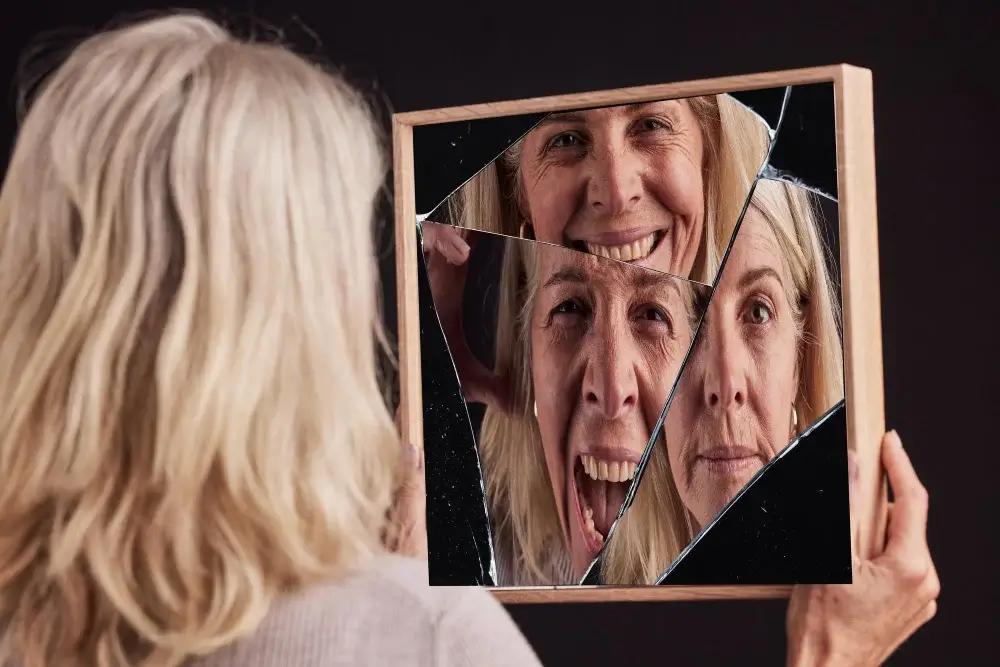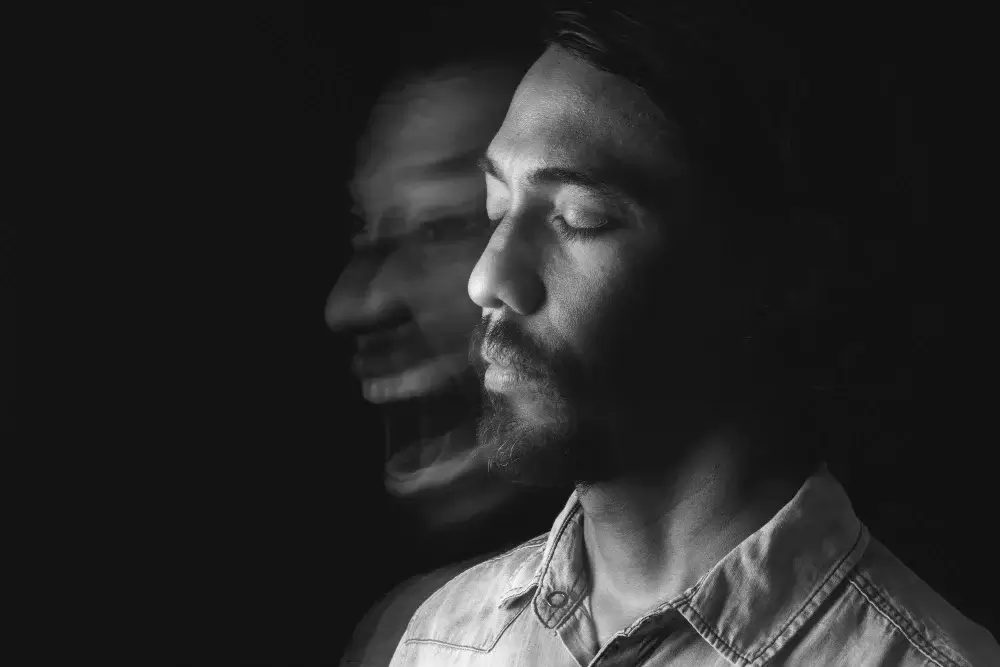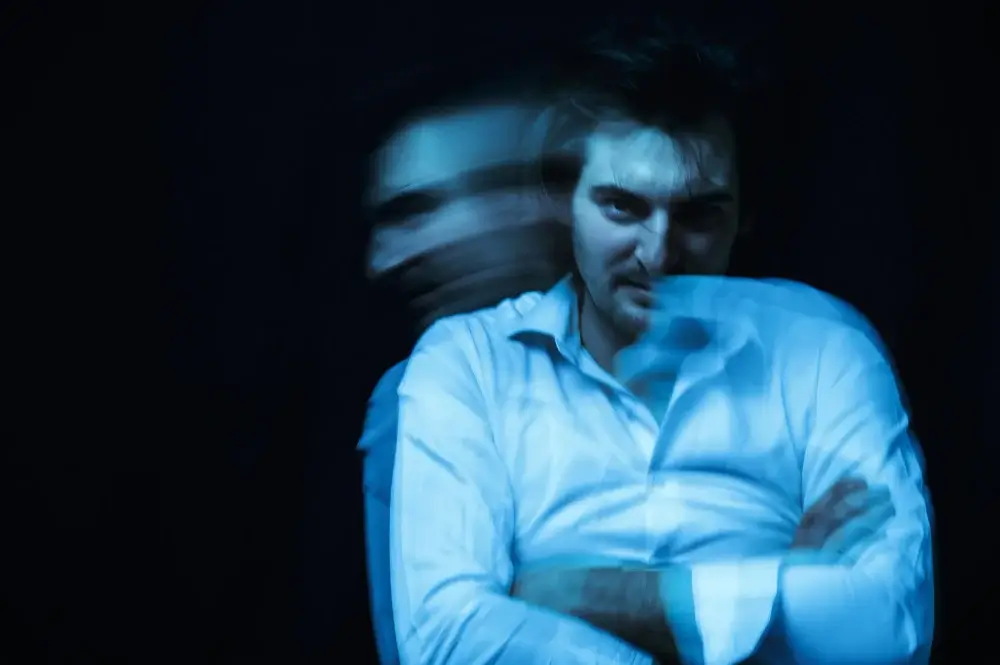Welcome to Sunrise Adult Bipolar Disorder
Adult Bipolar Disorder
Welcome to our specialized service page for Bipolar Disorder in Adults. Our mission is to offer the best quality care, support, and guidance for individuals living with bipolar disorder in Australia. We understand the unique challenges associated with this condition, and we are dedicated to helping you navigate the complexities of bipolar disorder through evidence-based treatments and personalized care plans.

Understanding Bipolar Disorder
Bipolar disorder, also called manic-depressive illness, is a mental health condition that causes extreme mood swings consisting of emotional highs (mania or hypomania) and lows (depression). These shifts can impact daily functioning, relationships, and overall quality of life. Recognizing and addressing bipolar disorder is crucial to living a balanced and fulfilling life.
Causes of Bipolar Disorder
Although the exact causes of bipolar disorder remain unclear, researchers believe a combination of factors contribute to its development:
- Genetic factors: Individuals with a history of bipolar disorder in their family are more likely to develop the disorder themselves.
- Neurochemical imbalances: Imbalances in certain brain chemicals, such as neurotransmitters, may play a role in the onset of bipolar disorder.
- Environmental factors: Stressful life events, trauma, or substance abuse may trigger the onset or exacerbate the symptoms of bipolar disorder in some individuals.


Symptoms of Bipolar Disorder
Anxiety in adults can cause various symptoms that can be different for each person. Anxiety involves symptoms such as:
- Feeling of restlessness
- Reduce the need for sleep!
- Difficulty in concentrating
- Thoughts of death or suicide
- Difficulty in making decisions
- Racing thoughts and distractibility
Bipolar Disorder and Treatments
Managing bipolar disorder often requires a multifaceted approach tailored to everyone’s needs. Some common treatment options include:
Music Therapy
Music therapy addresses emotional, cognitive, and social needs. Listening to music, making music, or doing guided relaxation exercises can help people cope with mood swings.
Psychoeducation
Psychoeducation empowers individuals and their families to make informed decisions about their care by providing information about the disorder, its symptoms, and treatment options.
Art Therapy
Individuals can express and process their emotions nonverbally by engaging in creative activities like painting, drawing, and sculpting. Art therapy can facilitate emotional release and self-exploration.
Sleep and circadian rhythm therapies
Bipolar disorder can affect sleep patterns and circadian rhythms. A sleep specialist can help develop strategies for managing bipolar symptoms by improving sleep hygiene and regulating sleep patterns.
